When carrying out clients intakes, I often find that ADHD and PTSD are often confused with one another which leads me to writing this blog. ADHD stands for Attention Deficit Hyperactivity Disorder. PTSD stands for Post-Traumatic Stress Disorder. ADHD and PTSD share the symptoms of hyperarousal, hyperactivity, inattention, irritability, restlessness, impulsivity, recklessness, lack of concentration and memory challenges. However, there are also many differences between PTSD and ADHD.
Individuals with ADHD are reluctant to engage in tasks that require sustained mental effort, whereas, individuals with PTSD tend to avoid reminders of their past traumas. Therefore, people with ADHD may avoid tasks such as chores, whereas, people with PTSD may avoid certain sounds, things, places or people that remind of their painful experiences.
Individuals with ADHD are easily distracted by extraneous stimuli when doing tasks that require sustained mental effort. However, individuals with PTSD cannot concentrate due to hyperarousal or zoning out, and are easily startled. Individuals with ADHD may seem not to listen when spoken to directly due to their mind being elsewhere, even in the absence of any obvious distraction. However, individuals with PTSD may look like they are not listening due to feeling zoned out or due to re-experiencing parts of their trauma memories.
Individuals with ADHD can have difficulty organizing tasks and can lose things or be forgetful in daily activities due to executive functioning challenges and concentration difficulties. However, individuals with PTSD can experience the same symptoms due to high anxiety levels or feeling as if they are not in their bodies.
Individuals with PTSD can experience negative cognitions such as “something bad is going to happen”. However, individuals with ADHD can experience hyperactivity without any negative belief. Nevertheless, individuals with ADHD tend to form secondary negative thoughts about themselves, such as “I am not smart ” or “I must be lazy” due to their challenging experiences with the school system, following schedules and keeping organized.
Individuals with PTSD experience sleep challenges as secondary symptoms of restlessness and hyperactivity; whereas, individuals with PTSD experience sleep disturbance due to anxiety and trauma related nightmares.
In social situations, Individuals with hyperactive ADHD may fidget, interrupt or intrude on others and they may have difficulty waiting their turn. They may blurt out things that may be perceived as inappropriate. However, individuals with PTSD are more likely to withdraw from social situations, experience restlessness or have emotional outbursts if feeling uncomfortable around others.
Given these similarities and differences, it is essential to assess for underlying processes that cause these symptoms and to acquire timelines regarding these symptoms. It is critical to determine whether these symptoms started after a trauma, or instead these symptoms being present since childhood without any specific cause as is the case for ADHD. If you are wondering about having ADHD or PTSD, speaking to a counsellor, a psychologist or a family doctor may be a wise first step towards getting some answers.










